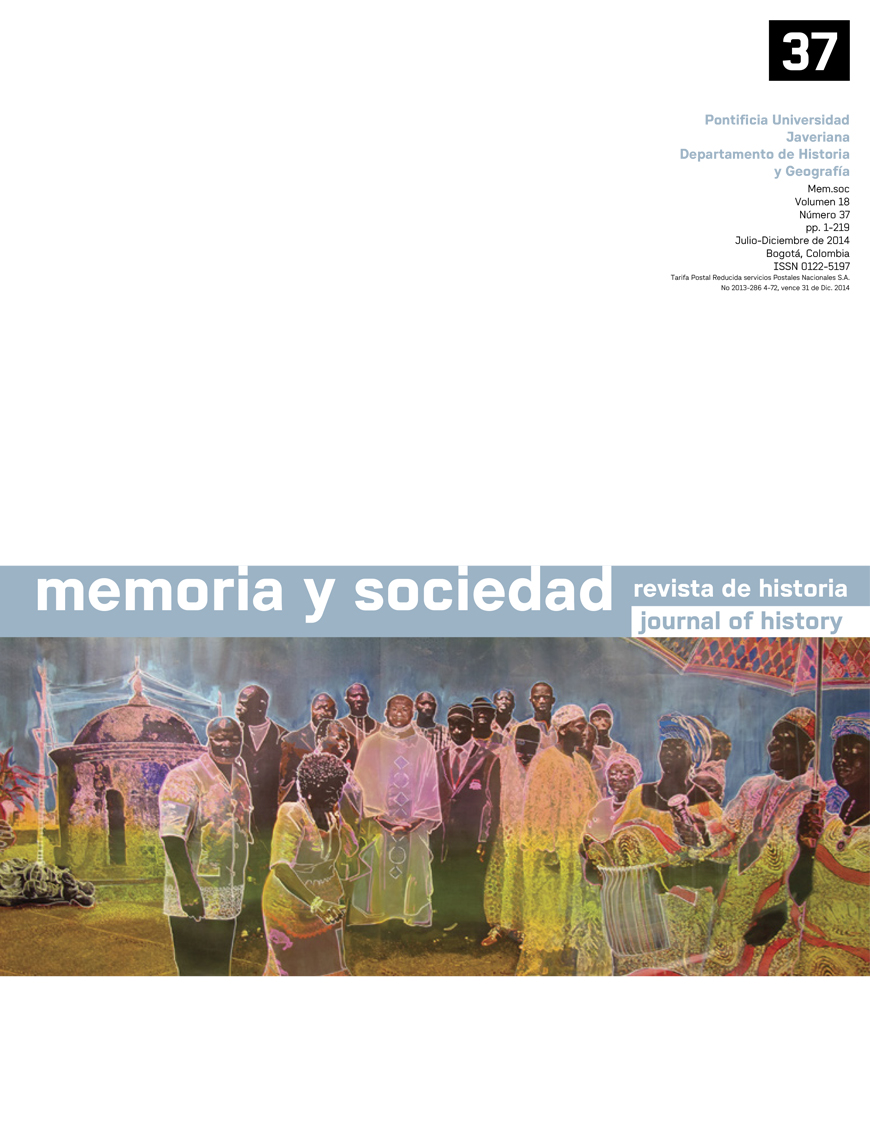Resumen
El presente artículo busca presentar y analizar algunos temas referentes a la relación entre identidad étnica e identidad religiosa en el caso de la comunidad musulmana de Buenaventura. Se busca mostrar que la identidad religiosa no solo se ha construido en relación con la identidad étnica, sino que ambas han servido para generar estrategias de movilización. Para esto, sobre la base de narrativas y actos propios del islam chiita duodecimano, se han mantenido elementos propios de la nación del islam a la par que se reelaboran mitos y tradiciones con el fin de adecuarlos a la visión local bonaverense. Este tipo de acciones no solo se refieren a búsquedas espirituales y la identidad colectiva, sino que permiten la elaboración de agendas de acción dentro de la comunidad. La información usada en este texto proviene de dos trabajos de campo realizados en febrero y abril de 2011, y de sermones (jutbas) realizados por el líder de la comunidad.
La revista Memoria y Sociedad se encuentra registrada bajo la licencia Creative Commons Reconocimiento 4.0 Internacional. Por lo tanto, esta obra se puede reproducir, distribuir y comunicar públicamente en formato digital, siempre que se reconozca el nombre de los autores y a la Pontificia Universidad Javeriana. Se permite citar, adaptar, transformar, autoarchivar, republicar y crear a partir del material, para cualquier finalidad (incluso comercial), siempre que se reconozca adecuadamente la autoría, se proporcione un enlace a la obra original y se indique si se han realizado cambios. La Pontificia Universidad Javeriana no retiene los derechos sobre las obras publicadas y los contenidos son responsabilidad exclusiva de los autores, quienes conservan sus derechos morales, intelectuales, de privacidad y publicidad.
El aval sobre la intervención de la obra (revisión, corrección de estilo, traducción, diagramación) y su posterior divulgación se otorga mediante una licencia de uso y no a través de una cesión de derechos, lo que representa que la revista y la Pontificia Universidad Javeriana se eximen de cualquier responsabilidad que se pueda derivar de una mala práctica ética por parte de los autores. En consecuencia de la protección brindada por la licencia de uso, la revista no se encuentra en la obligación de publicar retractaciones o modificar la información ya publicada, a no ser que la errata surja del proceso de gestión editorial. La publicación de contenidos en esta revista no representa regalías para los contribuyentes.


